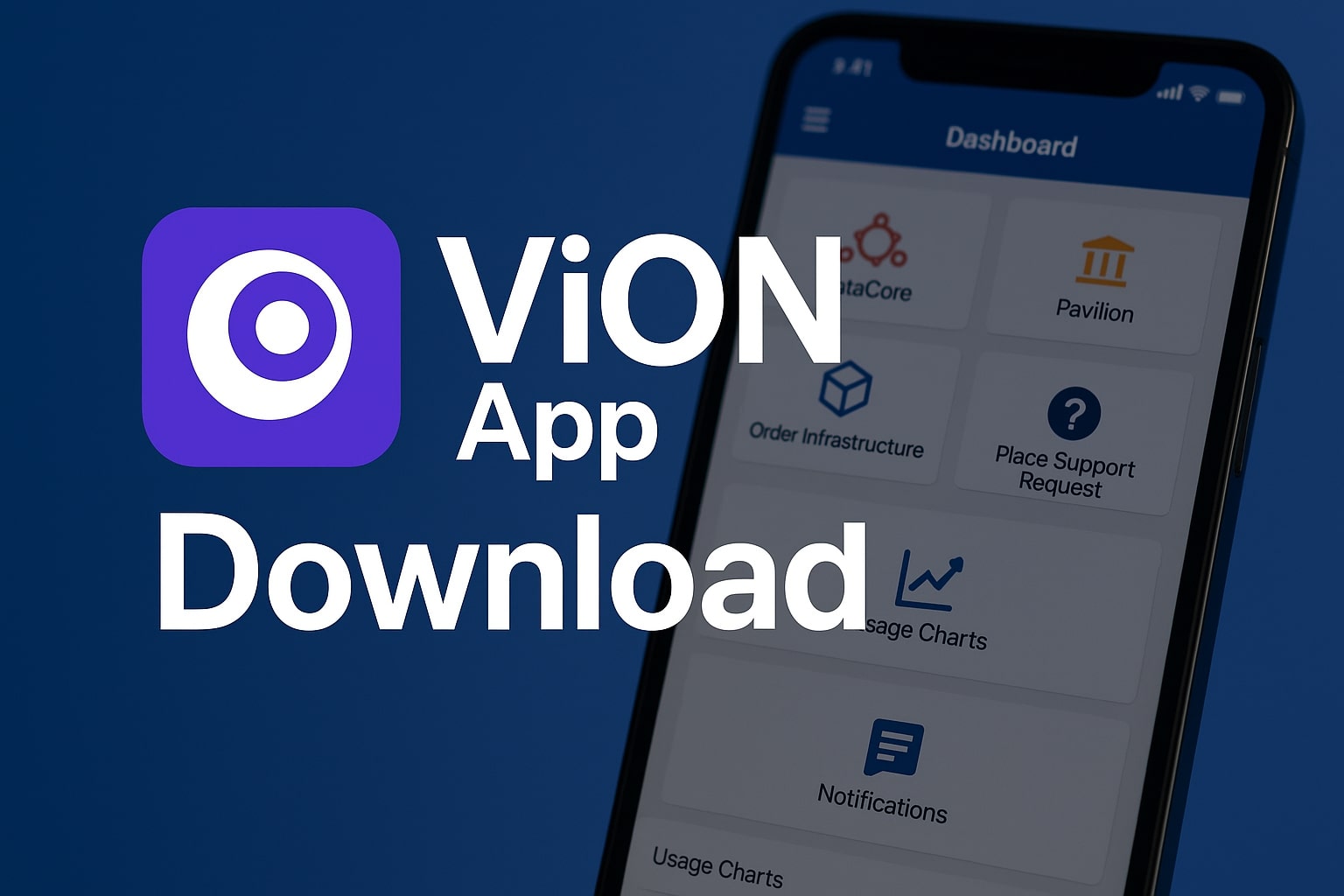Health Insurance A Comprehensive Guide to Navigating Plans and Making Informed Choices :–
In an era where healthcare costs are rising steadily, having a reliable health insurance plan has become more crucial than ever. Health insurance acts as a financial safety net, protecting individuals and families from the potentially astronomical expenses associated with medical treatments. This blog aims to provide a comprehensive guide to help you understand the intricacies of health insurance and make informed decisions when selecting a plan.
Understanding the Basics:
Health insurance is a contract between an individual and an insurance provider that covers a portion or the entirety of medical expenses. These expenses may include hospital stays, surgeries, prescription medications, preventive care, and other healthcare services. Insurance plans vary widely, and understanding the basics is essential for making an informed choice.
Types of Health Insurance Plans:
- Health Maintenance Organization (HMO): HMO plans require members to choose a primary care physician (PCP) and get referrals to see specialists. They often have lower out-of-pocket costs but limit healthcare provider choices.
- Preferred Provider Organization (PPO): PPO plans offer more flexibility in choosing healthcare providers, allowing members to see specialists without referrals. However, out-of-pocket costs may be higher than HMO plans.
- Exclusive Provider Organization (EPO): EPO plans combine aspects of both HMO and PPO plans, providing a network of preferred providers but without the need for referrals within the network.
- Point of Service (POS): POS plans require members to choose a primary care physician and get referrals for specialists within the network. However, they may allow some out-of-network services at a higher cost.
Key Terminology:
- Premium: The amount paid for health insurance coverage, typically on a monthly basis.
- Deductible: The amount you must pay out of pocket before the insurance starts covering expenses.
- Co-payment (Co-pay): A fixed amount paid for a covered healthcare service, usually due at the time of the visit.
- Coinsurance: The percentage of costs shared by the insured after the deductible is met.
- Out-of-Pocket Maximum (OOPM): The maximum amount the insured is required to pay for covered services in a plan year.
Choosing the Right Plan:
- Evaluate Your Health Needs: Consider your medical history, current health status, and any potential upcoming medical expenses. If you have chronic conditions or anticipate major medical procedures, a plan with a lower deductible might be beneficial.
- Network Coverage: Check the network of healthcare providers included in the plan. Ensure that your preferred doctors, specialists, and hospitals are within the network to maximize cost savings.
- Compare Costs: Look beyond the premium – consider the deductible, co-payments, and coinsurance. Evaluate the overall cost of the plan based on your expected healthcare usage.
- Prescription Drug Coverage: If you take regular medications, ensure that the plan provides adequate coverage for prescription drugs. Some plans may have formularies that determine which medications are covered.
- Review Plan Benefits: Assess additional benefits such as preventive care, mental health services, maternity coverage, and wellness programs. Choose a plan that aligns with your unique healthcare needs.
Advantages Health Insurance :
- Financial Protection:
- Cost Mitigation: Health insurance helps mitigate the financial burden of medical expenses. It covers a significant portion of healthcare costs, including hospital stays, surgeries, prescription medications, and preventive care.
- Predictable Costs: With health insurance, individuals have predictable out-of-pocket costs, such as co-payments, deductibles, and coinsurance. This allows for better budgeting and financial planning.
- Access to Quality Healthcare:
- Preventive Care: Health insurance often covers preventive services, encouraging individuals to undergo regular check-ups and screenings. This focus on preventive care can help detect and address health issues at an early stage.
- Timely Medical Attention:
- Reduced Wait Times: With health insurance, individuals can often access medical care more promptly. This can be critical in emergencies or when timely medical attention is essential for preventing the escalation of health issues.
- Comprehensive Coverage:
- Broad Range of Services: Health insurance plans typically provide coverage for a broad range of medical services, from routine check-ups to major surgeries. This comprehensive coverage ensures that individuals are protected across various healthcare needs.
- Prescription Medication Coverage:
- Affordable Medications: Health insurance plans commonly include coverage for prescription medications. This makes essential drugs more affordable, ensuring that individuals can adhere to prescribed treatment plans without financial strain.
- Peace of Mind:
- Financial Security: Knowing that health insurance provides a safety net against unexpected medical expenses brings peace of mind. Individuals can focus on their health and well-being without the constant worry of potential financial hardships.
- Employer-Sponsored Benefits:
- Workplace Wellness: Many employers offer health insurance as part of their benefits package. This not only attracts and retains talent but also promotes a healthier and more productive workforce.
- Legal Compliance:
- Mandatory Requirement: In many places, having health insurance is a legal requirement. Individuals may face penalties or fines for not having coverage. Compliance with these regulations ensures that everyone contributes to the overall stability of the healthcare system.
Conclusion:
Navigating the world of health insurance can be complex, but making informed decisions is crucial for your financial and physical well-being. By understanding the basics, key terminology, and carefully evaluating your needs, you can select a health insurance plan that provides optimal coverage and peace of mind. Take the time to compare options, ask questions, and seek guidance if needed to ensure you make the best choice for your health and financial future.







Leave a Reply